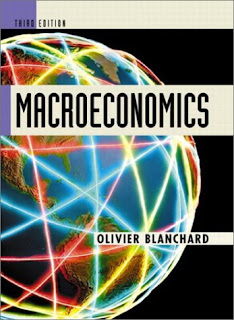
The significances of the study of micro-economics remarkably increased after it was developed and popularised by J.M Keynes.But macro-economics has following limitations.
- Danger of excessive thinking in terms of aggregates :There is danger of executive thinking in terms of aggregates which are not homogeneous.For example,2apples +3apples=5 apples is the meaning full aggregate,similarly 2 apples +3 oranges is meaningful to some extent.
- Aggregate tendency may not affect all sectors equally :For example,the general increase in price affects different sections of the community or the different sectors of the economy differently.The increase in general level of price benefits the producers,but hurts the consumers.
- Indicates no change has occured:The study of aggregates make us believe that no change has occured even if there is a change.It indicates that there is no need of new policy.For example,a 5 percent fall in agricultural price an d5 percent rise in industrial prices does not affect the price level.
- Difficulty in the measurement of aggregates:There are at times,difficulty in the measurement of aggregates.It is difficult to measure the big aggregates.This problem has now been more or less erased by the use of calculators and the things which are not homogeneous.
- The fallacy of composition:The aggregate economic behavior is the sum of individual behavior.This is called fallacies of composition.What is true in case of an individual may not be true in the case of economy as whole.For example,individual saving is a virtue,wheres the public saving is vice.According to K.E.Boulding "These difficulties are aggregative paradoxes which is true when used to one person,but false when used to the economy as a whole.

Thanks very much for the info..but is paradox of thrift a macro economics limitation????
ReplyDeleteThanks very much....It really helps in assignment......
ReplyDelete